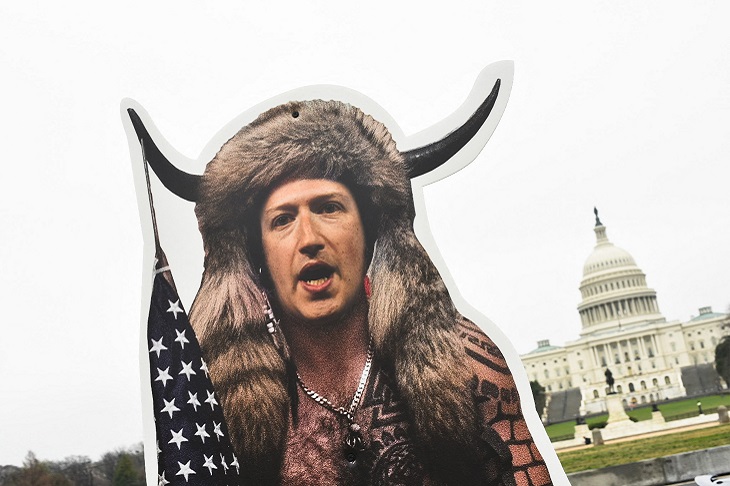How do we navigate this age of ‘infowars’ where we have an information overload and a 24/7 news cycle ready-to-engage-phone-addicted society? It’s a minefield swarmed with keyboard warriors and propaganda machines of various persuasions eager to infiltrate, dominate, divide, and conquer.
How can we tell truth from fiction? The age of virtual reality is knocking on our real-world doorstep and we are faced with what seems to be this inevitable social shift.
Already a subscriber? Log in
Subscribe for just $2 a week
Try a month of The Spectator Australia absolutely free and without commitment. Not only that but – if you choose to continue – you’ll pay just $2 a week for your first year.
- Unlimited access to spectator.com.au and app
- The weekly edition on the Spectator Australia app
- Spectator podcasts and newsletters
- Full access to spectator.co.uk
Or


























Comments
Don't miss out
Join the conversation with other Spectator Australia readers. Subscribe to leave a comment.
SUBSCRIBEAlready a subscriber? Log in